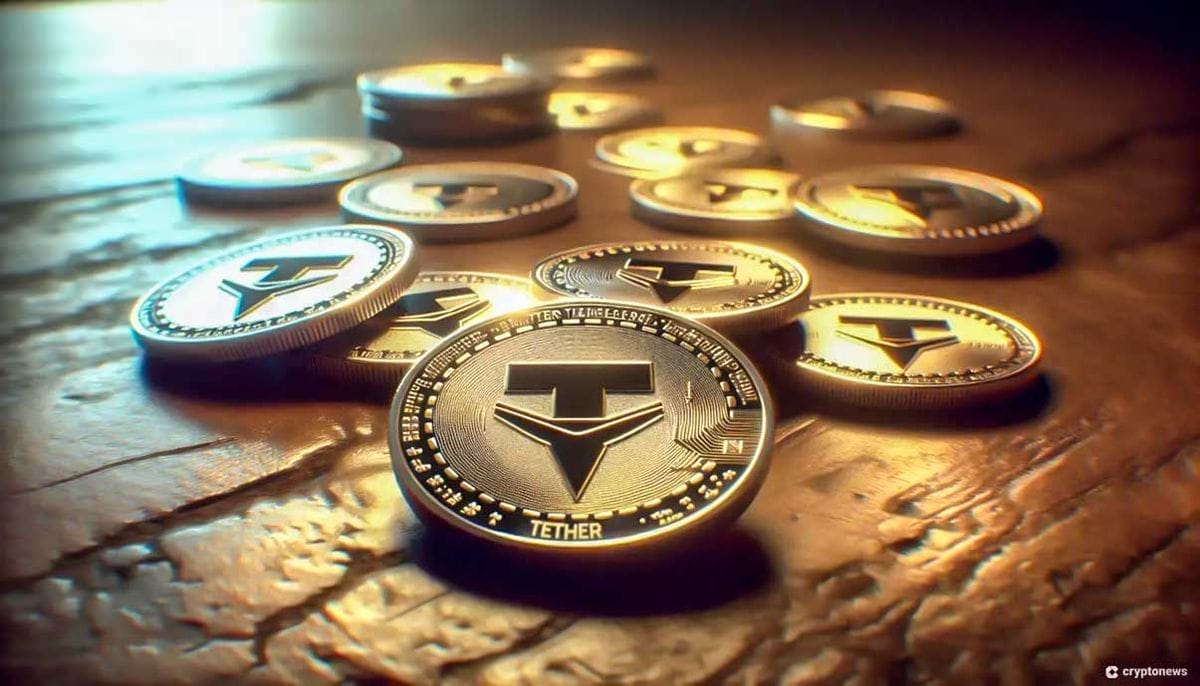Tether Holdings, the issuer of the largest stablecoin USDT, has decided to abandon plans to launch its own blockchain. In an interview with Bloomberg News, Tether’s CEO Paolo Ardoino cited a saturated market and the principle of supply and demand as the primary reasons for this decision. Despite Tether’s strong technological capabilities, Ardoino believes that blockchains will become a commodity in the future, and launching one may not be the right move, especially when there are already well-established blockchains available. With a market cap of $117 billion, USDT plays a crucial role in global crypto trading and remittances, making it important for Tether to focus on maintaining the highest level of security and sustainability.
Market data supports Tether’s decision to forego launching its own blockchain, as the dominance of major blockchains is evident. Out of 306 existing chains, the top five control around 86% of the total value of assets locked. Ethereum, the leading blockchain, boasts a total value locked (TVL) of $87.7 billion out of $133.2 billion across all chains. TRON is another significant player, managing $8.1 billion in TVL and supporting 49% of USDT’s supply. Factors like speed, low fees, use cases, and security play a crucial role in a blockchain’s success. Ethereum’s first-mover advantage, flexibility for developers to build smart contracts, and its liquid token status contribute to its dominance in the market.
The evolution of the blockchain ecosystem has led to a multichain environment, where developers and issuers are spreading their activities across various platforms. For Tether, the focus remains on ensuring the highest level of security and sustainability for USDT, regardless of the blockchain it operates on. Ardoino stated that for Tether, blockchains are simply transport layers. Despite Tether’s success, concerns about the quality of assets backing USDT have persisted in the crypto space. A recent United Nations report raised concerns about Tron’s popularity in cyber fraud and money laundering activities in Southeast Asia, which Tether has refuted by emphasizing its collaboration with law enforcement and token traceability.
Tether has been proactive in enhancing education and awareness surrounding digital assets in various regions. Earlier this year, the company partnered with digital assets infrastructure provider Fuze to improve education on digital assets in Turkey and the Middle East, focusing on aspects like cross-border payment solutions, compliance, regulatory framework development, and education for local financial institutions. In July, Tether introduced a new payment option for the people of the Philippines, allowing them to pay their social security system (SSS) contributions using USDT. This initiative aims to provide convenient payment solutions for individuals participating in the state-run social insurance program.










